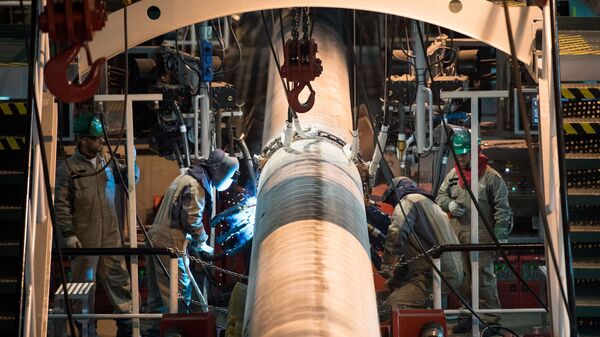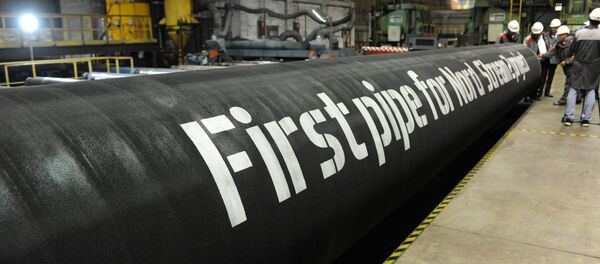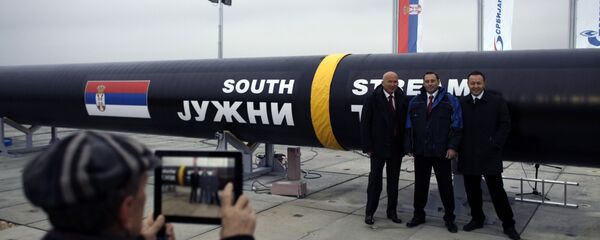"It would be good if Turkey was interested in financing the construction of the Bulgarian leg. Ankara certainly wants to receive as much as possible for gas transit through Turkish territory. So the more gas supplies, the more revenue Turkey can get," Putnikovic said.
According to her, building gas pipelines is of both economic and political importance, which is why the Turkish Stream project could contribute to the normalization of relations between Balkan states.
Djukic added that Turkish Stream-related negotiations in Brussels are "extremely necessary," because "it is increasingly clear that central Europe is even considering the construction of a Nord Stream 3 pipeline."
"In this case, the Balkans could remain without gas. This is really a serious problem, for the question is already arising as to how to provide heat for the winter. People literally go into the woods, chop wood and start a fire to warm themselves as if the Second World War had just ended," he said.
Djukic also said that Turkey could at least partly finance the European leg of Turkish Stream despite tense relations between the EU and Ankara.
Serbia wants to host one string of Turkish Stream — Serbia wants to host one of the strings of the Turkish Stre… https://t.co/063oBEPqcb
— Zyite (@ZyiteGadgets) 10 июля 2017 г.
In this vein, he recalled that Brussels once prevented Russian gas from the South Stream pipeline from being transported to Balkan consumers.
"It's a big question whether a consortium building gas pipelines on Bulgarian territory will invite Turkey to join the project. It is also unclear whether Ankara will agree to this form of cooperation," Djukic concluded.
The Turkish Stream project was announced by Russian President Vladimir Putin during his state visit to Turkey in late 2014.
In October 2016, Moscow and Ankara signed an inter-governmental agreement which stipulates the construction of two underwater legs of the Turkish Stream gas pipeline in the Black Sea.
The annual capacity of each leg is estimated to reach 15.75 billion cubic meters of natural gas. Pipe-laying work for the pipeline is expected to end in late 2019.



